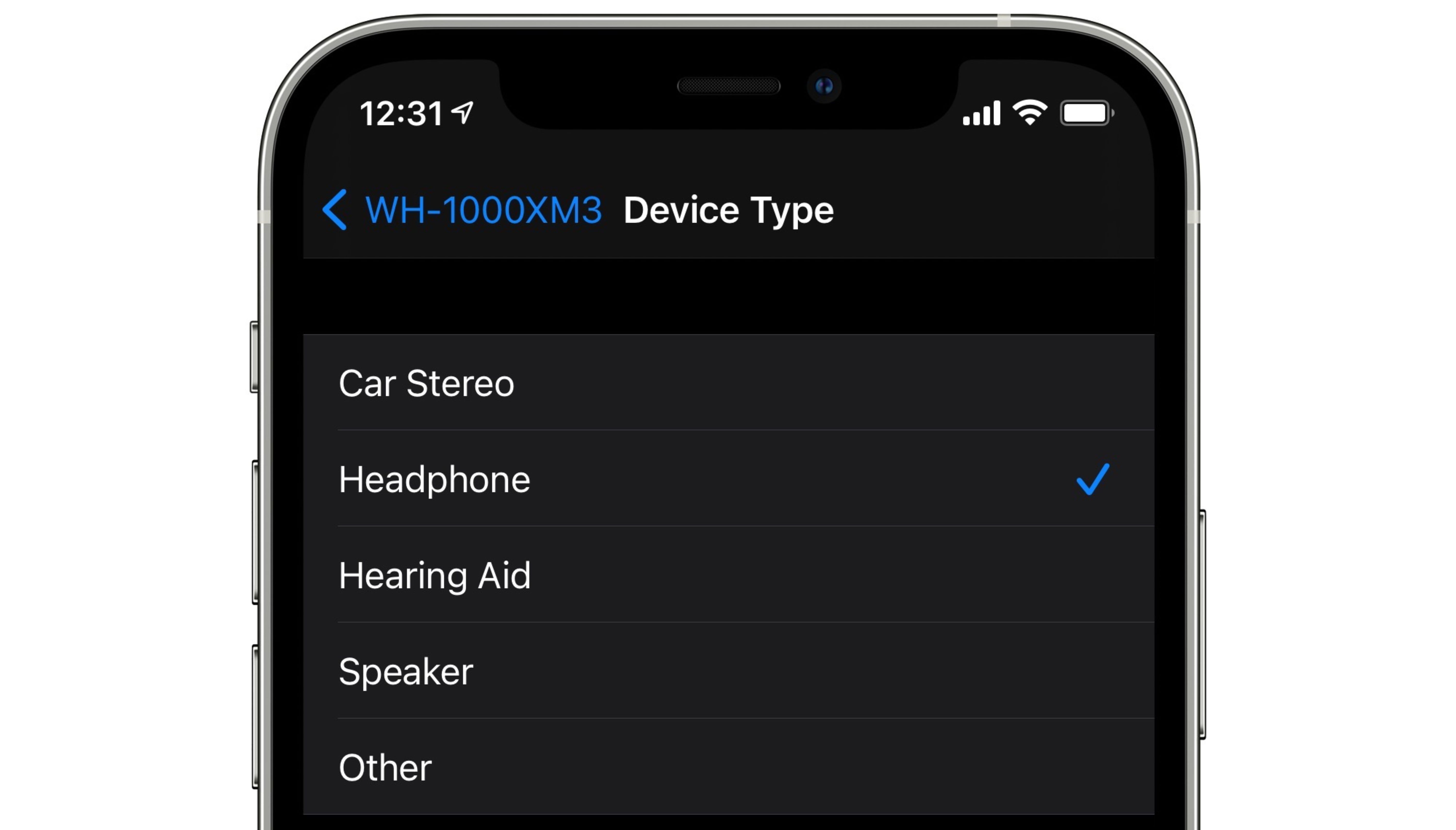Scheduling Jobs, Managing Services & Monitoring in Linux (Part-5)
We’ve made it to the final post in our 5-part Linux Essentials series! In Part 5 of 5, we’ll explore how to automate tasks, manage system services, handle log files, and monitor system performance. This section is especially useful for anyone managing production systems or looking to become a Linux system administrator. If you’re just joining the series, check out our previous blogs to build your foundation! 1. Job Scheduling Commands 2. System Services (systemd) 3. Log Management Commands 4. Monitoring & Performance 5. Tips for Efficient Linux Usage 1. Job Scheduling Commands Scenario: Bob wants to schedule a backup script to run every day at midnight. 2. System Services (systemd) Scenario: Raj wants to restart the Apache service after updating the config file. 3. Log Management Commands Scenario: Alice wants to review system logs to troubleshoot a failed login attempt. 4. Monitoring & Performance Scenario: Raj needs to identify which process is consuming too much memory. 5. Tips for Efficient Linux Usage Use cron for recurring jobs, and at for one-time tasks. Regularly monitor logs to detect issues early. Set alerts for high memory or CPU usage using monitoring tools. Use systemctl is -enabled to check startup status of services. Learn to read log timestamps and understand service-specific logs. #30DaysLinuxChallenge #CloudWhisler DevOps #Linux #RHCSA #Opensource #AWS #CloudComputing Catch out by My LinkedIn profile https://www.linkedin.com/in/rajpreet-gill-4569b4161/

We’ve made it to the final post in our 5-part Linux Essentials series! In Part 5 of 5, we’ll explore how to automate tasks, manage system services, handle log files, and monitor system performance. This section is especially useful for anyone managing production systems or looking to become a Linux system administrator.
If you’re just joining the series, check out our previous blogs to build your foundation!
- 1. Job Scheduling Commands
- 2. System Services (systemd)
- 3. Log Management Commands
- 4. Monitoring & Performance
- 5. Tips for Efficient Linux Usage
1. Job Scheduling Commands
Scenario: Bob wants to schedule a backup script to run every day at midnight.
2. System Services (systemd)
Scenario: Raj wants to restart the Apache service after updating the config file.
3. Log Management Commands
Scenario: Alice wants to review system logs to troubleshoot a failed login attempt.
4. Monitoring & Performance
Scenario: Raj needs to identify which process is consuming too much memory.
5. Tips for Efficient Linux Usage
- Use cron for recurring jobs, and at for one-time tasks.
- Regularly monitor logs to detect issues early.
- Set alerts for high memory or CPU usage using monitoring tools.
- Use systemctl is -enabled to check startup status of services.
- Learn to read log timestamps and understand service-specific logs.
#30DaysLinuxChallenge #CloudWhisler
DevOps #Linux #RHCSA #Opensource #AWS #CloudComputing
Catch out by My LinkedIn profile
https://www.linkedin.com/in/rajpreet-gill-4569b4161/







































































































































































![[The AI Show Episode 145]: OpenAI Releases o3 and o4-mini, AI Is Causing “Quiet Layoffs,” Executive Order on Youth AI Education & GPT-4o’s Controversial Update](https://www.marketingaiinstitute.com/hubfs/ep%20145%20cover.png)


























































































































![Ditching a Microsoft Job to Enter Startup Purgatory with Lonewolf Engineer Sam Crombie [Podcast #171]](https://cdn.hashnode.com/res/hashnode/image/upload/v1746753508177/0cd57f66-fdb0-4972-b285-1443a7db39fc.png?#)














































.jpeg?#)
.jpg?#)






















































































_designer491_Alamy.jpg?width=1280&auto=webp&quality=80&disable=upscale#)













































































































![Apple Shares New 'Mac to School' Ads: Pointed, Mirrored, Dropped In [Video]](https://www.iclarified.com/images/news/97295/97295/97295-640.jpg)
![Apple Drops New Trailer for 'F1' Starring Brad Pitt [Video]](https://www.iclarified.com/images/news/97296/97296/97296-640.jpg)
![Apple iPhone Exports From India Surge 116% [Report]](https://www.iclarified.com/images/news/97292/97292/97292-640.jpg)
![Apple Shares 'Last Scene' Short Film Shot on iPhone 16 Pro [Video]](https://www.iclarified.com/images/news/97289/97289/97289-640.jpg)


































































































